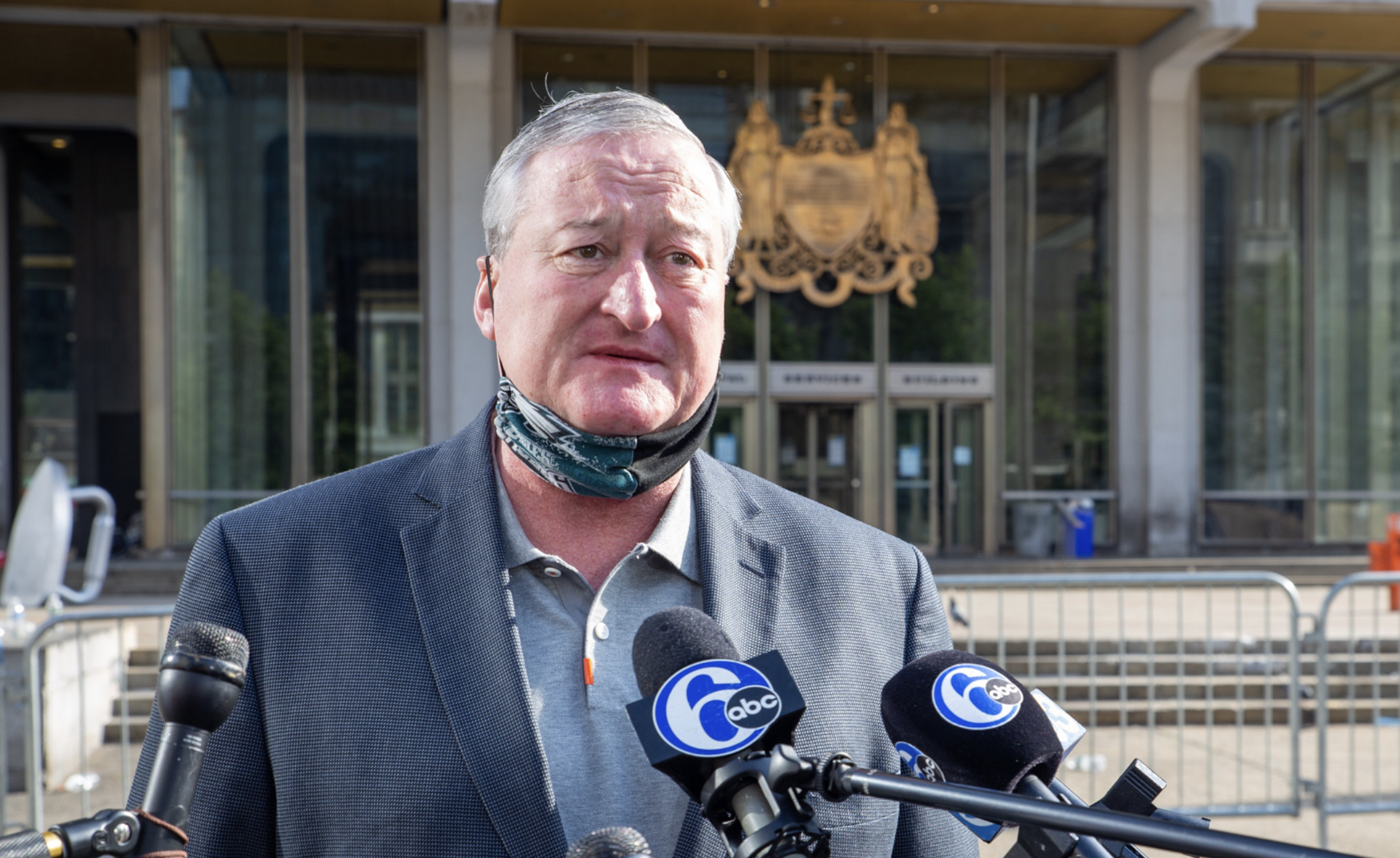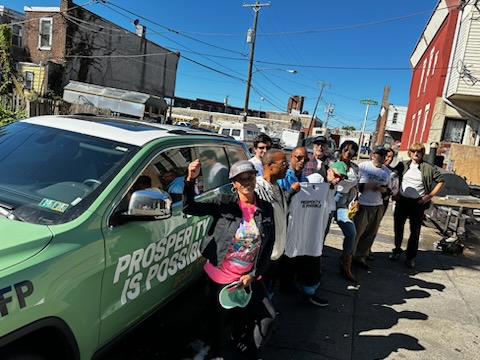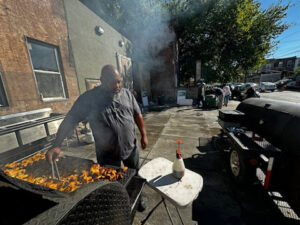Will the $750M Hydrogen Hub Fight Crime? Experts Say That’s a Stretch

Does poverty cause crime? Do more jobs mean fewer criminals?
That was one of the messages from Pennsylvania Democrats at the announcement of the Mid-Atlantic Clean Hydrogen Hub (MACH2) in Philadelphia last week. It will cost taxpayers $750 million in federal investments. Gov. Josh Shapiro touted the 20,000 jobs projected to be created, as did fellow Democrat Mayor Jim Kenney.
“This is about public safety,” Kenney said of the MACH2 project, arguing that young men who are currently involved in gun crime and “nonsense” will get jobs that will keep them out of trouble.
“These young boys out there who are in nonsense. Who are holding guns and shooting each other,” Kenney said. “They don’t need to do that when they’re making $80-90k a year. There’s no need for that. They get up and go to work, put on their work boots or whatever they wear to work, and go to work early in the morning.”
Shapiro agreed. “He is spot on. It means real opportunity for the kid living here in North Philly who maybe doesn’t want to go to college but wants to get to work. Wants to be able to get out of the cycle of violence that has gripped some in his neighborhood.”
But does growing up poor make people more likely to commit crimes? Do low-income families also have lower standards of moral and ethical behavior? It is an argument some advocates for the poor find demeaning. It also doesn’t appear to match the data.
Overall, the national average official poverty rate fell from 14.8 percent in 2009-2011 to 11.2 percent in 2019-2021, the Census Bureau reports. But the nation’s crime rate rose by about 40 percent over that same period.
“In our political discourse, for more than a generation, we’ve had this idea that poor people are sinners,” said the Rev. Dr. Liz Theoharis, an ordained Presbyterian minister who co-chairs the Poor People’s Campaign.
That has Heather Mac Donald, Thomas W. Smith Fellow at the Manhattan Institute, suggesting Kenney is misleading the public.
In his comments, Kenney said jobs would help reduce crime because “kids see them going to work early in the morning is the best example you could ever give to a young person. To see their mom and dad get up and go out to work and not have to be involved in dangerous nonsense.”
Mac Donald said Kenney had the social science half right.
“He is correct that children raised by their two parents are far less likely to take up the gangbanging life,” Mac Donald told DV Journal. “He is also correct that a family where the parents work provides an essential model of bourgeois values and self-discipline.
“Mayor Kenny is wrong, however, that there is any necessity, economic or otherwise, that drives the perpetrators of drive-by shootings. The thugs who are wantonly spraying bullets across sidewalks and into cars and homes are not doing so because they have no food on the table.”
Mac Donald sees gang warfare as a “result of a lack of socialization” as opposed to a lack of jobs and that no one “who has a smartphone” lacks economic opportunity. She also takes umbrage at the notion that two-parent households with working parents have to earn $80,000 a year to feel the positive impacts of work and family cohesion.
“It is the discipline of work itself, not the salary level, that is essential to the socialization process.”
Justice reform advocates disagree with Mac Donald but suggest Kenney was speaking too broadly.
“What we do know is that education and jobs reduce recidivism, but that’s also easier said than done,” said Jason Pye, Director of Rule of Law Initiatives at the Due Process Institute. Pye said there is limited data on the issue. “Many employers won’t entertain hiring someone with a criminal record, so record-sealing and expungement become important…Reducing recidivism increases public safety.”
There is evidence that this tactic might work. Michigan passed its clean slate law in 2020. Pye said only 4.2 percent of those who got their records cleared committed another crime. Less than one percent were convicted of violent crimes. Other states might see similar numbers.
The Manhattan Institute argues otherwise. It cites a 2022 Columbia University research paper on poverty in New York City, and New York Police arrest data. Specifically, it noted that 23 percent of Asians in New York City had incomes below the poverty level, but they also had a low murder arrest rate, as proof there isn’t a cause-effect relationship between being poor and being a criminal.
And then there is the pragmatic question of who will get these jobs.
The Biden administration announced that union-mandate Project Labor Agreements will cover all of the projects in the MACH2 hub. According to Shapiro, that means “14,400 in construction jobs and 6,400 permanent jobs for skilled, union laborers, including plumbers, pipefitters, electricians, and more.” They will be working on solar farms, wind tower installation, and power transmission.
But how many of those “skilled union jobs” that will be paid for by the $750 million in federal spending are likely to go to the young people in low-income communities Kenney is talking about?
The hydrogen hub may or may not be the right way to fight climate change. But there is little evidence that fighting crime is the right way.





